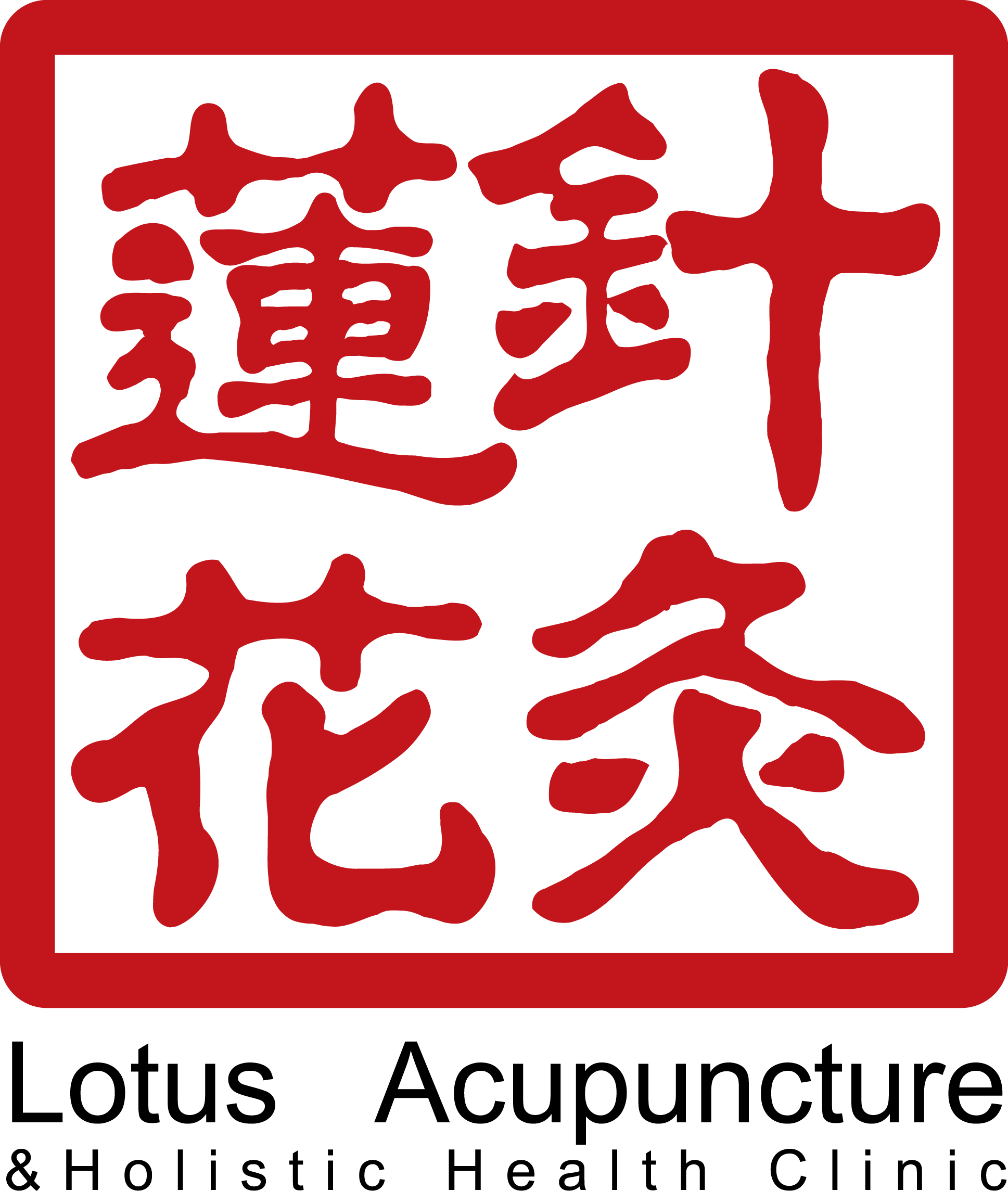 Digestion: Constipation during the Holidays-GERD/lndigestion
Digestion: Constipation during the Holidays-GERD/lndigestion
During the Holidays, family and friends come together in the spirit of celebration and giving. Holiday parties and festive dinners clutter our calanders, beautifully wrapped boxes of candies and Holiday sweets are enthusiastically devoured, and bountiful Holiday feasts are gulped down in a matter of minutes. With full bellies and dessert waiting in the wings, we often ignore memories of Holiday feast pasts and the heartburn and GERD that accompanied them. Although not always……..
associated with hearty feast, Gastroesophageal Reflux Disease (GERD), can be exacerbated by the myriad of rich and fatty foods that accompany the Holidays.
What is Heartburn and GERD?
Heartburn is basically reflux esophagitis, a condition wherein gastric juices back up into the esophagus, creating a burning sensation. Gatroesophageal reflux disease (GERD) can be thought of as chronic symptoms of heartburn and indigestion. GERD is a digestive disorder caused when the lower esophageal sphincter (LES), the muscle that connects the esophagus to the upper portion of the stomach, is weak or relaxes inappropriately, allowing the contents of the stomach, Hydrochloric acid and enzymes to flow backwards into the esophagus.
What are the symptoms of GERD?
The symptoms of GERD are varied, and people with GERD mayor may not have
all the possible symptoms. These include:
- Heartburn (burning pain or pressure high in the abdomen, sometimes burning in the throat)
- Regurgitation
- Nausea
- Hoarseness (caused by acid repeatedly entering the throat)
- Sore throat
- Chronic dry cough
- Feeling of a lump in the throat
- Sudden increase of saliva
- Bad breath
- Earaches
- Shortness of breath
- Laryngitis (voice problems)
- Belchinglbloating/gas
- Abdominal distention after eating
- Vomiting of blood (may lead to anemia)
What attributes to GERD? (These also contribute to heartburn)
There are a number of dietary and lifestyle factors that contribute to GERD. They
include:
- Overeating
- Overweight
- Stress (and eating when upset)
- Alcoholic beverages
- Chocolate, peppermint
- Easting to quickly
- Spicy foods
- NSAIDS
- Drugs that irritate the Gllining
- Fatty foods and Fried foods
- Sugar
- Smoking
- Lying down after eating
- Inadequate chewing of food
- Coffee, tea, and caffeinated beverages
- Tight fitting clothes
- Insufficient water intake
- Tomato-based foods and citrus
What can I do to reduce symptoms of heartburn and GERD?
Avoid eating foods that contribute to GERD. Fatty foods, mints, chocolates, alcohol, nicotine, and caffeinated beverages relax the lower esophageal sphincter. Carbonated drinks, citrus, spicy foods, and tomato sauce may irritate the lining of the
esophagus and make the effects of GERD more severe. Also helpful for people with heartburn, indigestion, and GERD is wearing loose clothing, not lying down for at least three hours after eating, and losing weight if you are overweight. Some people relieve the symptoms at night by sleeping with their upper body elevated with a wedge or pillows about 6 inches off the mattress.
How to best treat GERD naturally:
According to Dr. Jonathan Wright, MD., the best way to treat heartburnl indigestion/GERD and other GI symptoms is almost always to with more Hydrochloric acid (HCL). Typically, people with heartburn/indigestion/GERD take over-the-counter acid blocking drugs that decrease and neutralize the amount of HCL in their stomach. These provide short term relief but create a vicious cycle where the body responds by creating more acid, thereby requiring more acid-blocking drugs. Dr. Wright suggests that the best way to treat heartburnlindigestion/GERD is with the supplemental use of HCL. He states that, “HCL supports healthy digestion by by assuring that the stomach has enough Hydrochloric acid to begin the breakdown of protein and active pepsin, a protein-digesting enzyme, in the stomach.” (Watson, 2004). HCL helps the stomach to properly digest food.
How Chinese Medicine treats Heartburn and GERD:
Chinese Medicine approaches heartburn and GERD holistically. lndigestion Qi (pronounced CHEE) travels through channels in the body in specific patterns and directions. Heartburn and GERD are the result of Qi traveling in the wrong direction along the stomach and liver channels. When Qi travels the incorrect way for a long period of time serious gastroesophageal diseases can arise. Heartburn and GERD’s patterns of discrimination are “Wood-Earth disharmony mixed with Cold Dampness” and “Wood-Earth disharmony mixed with Depressive Heat pattern.” In order, to correct the discrimination(s), the Qi must be harmonized and flow in the proper direction. Acupuncture re-directs the misguided Qi back into it’s proper Corse. Acupuncture will also help to insure that the Qi of person’s with heartburn and GERD flows fluidly and does not become stagnant. Preventative care is always best and preparing your bodies with regular Acupuncture treatments, a well-balanced and nutritional diet, and herbal supplements to strengthen your immune system, will help insure that heartburn and the painful symptoms of GERD are no longer part of the holiday’s.
With the Holidays quickly approaching, should you find yourself suffering from heartburn or GERD, please call us at Lotus Acupuncture. We want to help make your Holidays and everyday healthy and happy.




